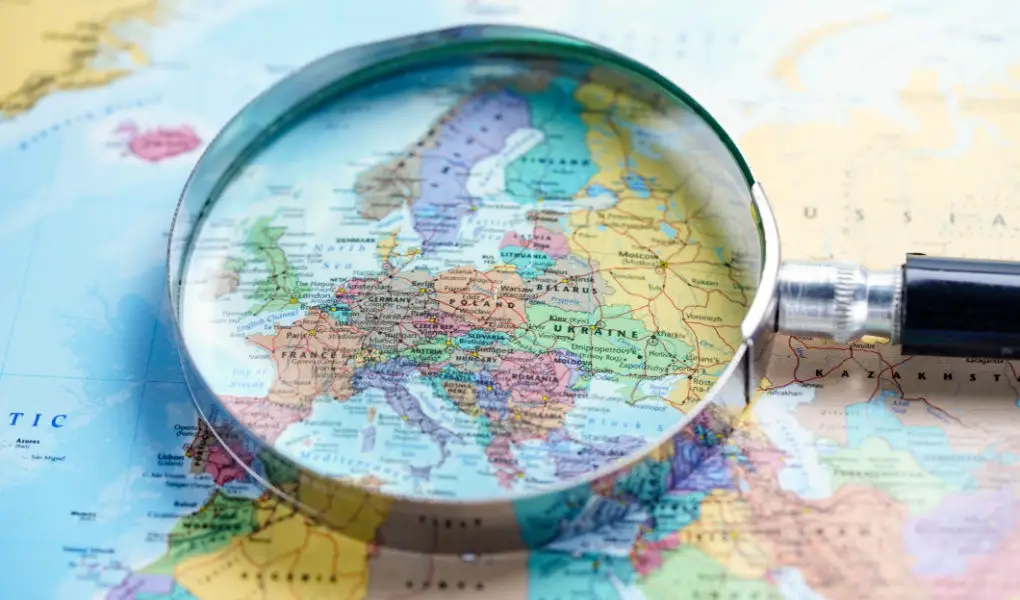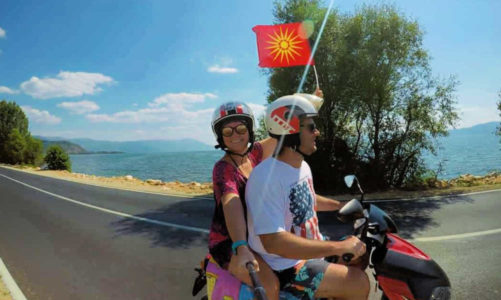Embarking on your first international adventure can be both thrilling and a bit overwhelming. But fear not! By arming yourself with the right knowledge and preparation, you can make your journey smooth and unforgettable. Whether it’s packing the essentials, navigating foreign customs, or keeping yourself safe, there’s a lot to consider. Dive into these essential traveling tips designed specifically for first-time international travelers, and set yourself up for a trip of a lifetime.
Planning Your Trip
Research your destination
Start your travel adventure by diving into comprehensive research about your destination. Learn about the local culture, language, customs, and any travel advisories. Understanding what to expect can greatly enhance your travel experience. Websites, travel blogs, and guidebooks are valuable resources for gathering insights about places to visit, foods to try, and essential phrases to know.
Check passport and visa requirements
Ensure your passport is valid for at least six months beyond your planned return date. Many countries have this requirement. Check if the country you’re visiting requires a visa for entry. This process can take some time, so it’s wise to start early. Visit the destination country’s embassy or consulate website for the most accurate information.
Get necessary vaccinations
Depending on where you’re traveling, you may need specific vaccinations or medications as a precaution against common diseases. The Centers for Disease Control and Prevention (CDC) website is a source to find out what’s recommended or required for your destination. Of course, be sure to make an appointment at least six weeks before your trip to see what your doctor recommends.
Create a budget
Figure out how much you’re willing and able to spend on your trip. Consider costs such as flights, accommodations, food, activities, and emergencies. Don’t forget to account for currency exchange rates and transaction fees. Planning financially can help avoid stress and ensure a more enjoyable journey.
Booking Flights and Accommodation
Compare different airlines and fares
Take the time to compare flights from various airlines. Websites and apps that offer fare comparisons can help you snag the best deals. Be flexible with your travel dates, as flying mid-week or during off-peak seasons can often save you money.
Consider alternative airports
Sometimes flying into or out of a smaller, less busy airport can not only cut costs but also provide a more relaxed travel experience. Check if there are alternative airports near your destination or home that might offer better fares.
Look for deals on accommodations
There are plenty of options for accommodations, ranging from hotels to vacation rentals. Utilize travel websites and apps to find deals and promotions. Booking in advance can secure better rates, especially during peak travel seasons.
Read reviews before booking
Before finalizing your stay, read reviews from other travelers. This can provide insight into the quality of your accommodations and what to expect. Websites like TripAdvisor offer a wealth of reviews on hotels, restaurants, and attractions, helping you make informed decisions.
Packing Essentials
Packing smart is the key to a successful and stress-free trip. When preparing for your first international adventure, it’s essential to pack wisely to ensure you have everything you need without overloading your suitcase.
Make a checklist
Start by creating a detailed checklist several days before your departure. This list should include everything from clothing and toiletries to gadgets and important documents. Checking items off as you pack will ensure you don’t forget anything crucial.
Pack versatile clothing
When selecting clothes, opt for versatile pieces that can be mixed and matched to create different outfits. Consider the climate of your destination and include layering options for unexpected weather changes. Remember, space in your luggage is precious, so choose items that serve multiple purposes.
Don’t forget important documents
Your passport, visa (if required), travel insurance information, and any other essential documents should be at the top of your packing list. It’s also a good idea to carry digital copies of these documents in your email or secure cloud storage as backups.
Pack necessary medications
If you take prescription medications, ensure you have enough to last the duration of your trip, plus a little extra in case of delays. It’s also wise to bring along a basic first-aid kit and any over-the-counter medicines you may need, such as pain relievers or antihistamines.
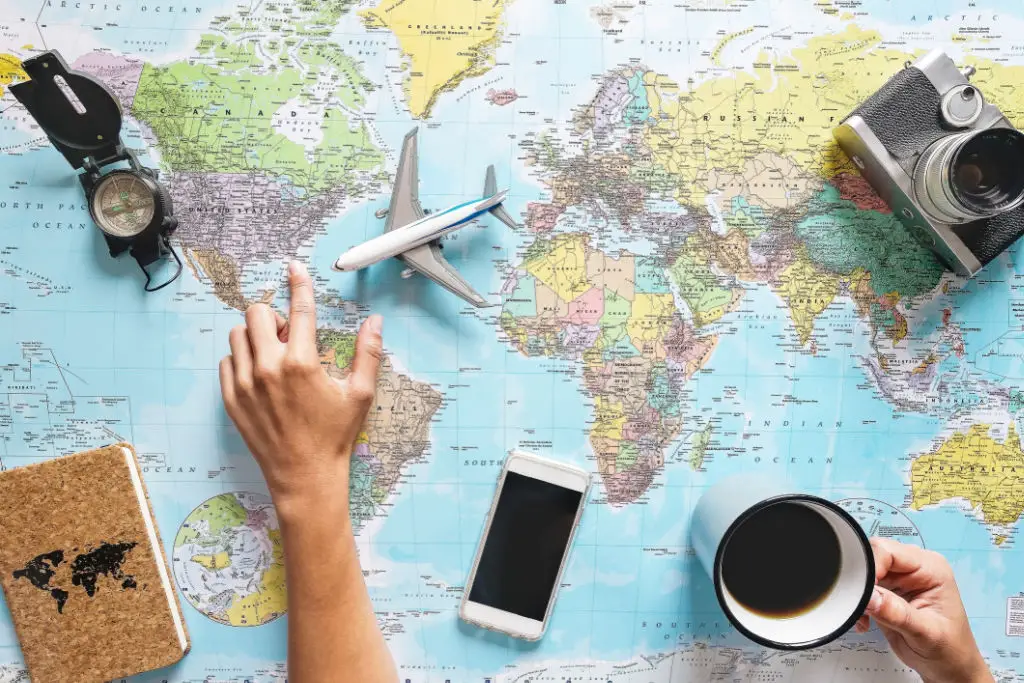
Travel Insurance
Travel insurance is an often overlooked but incredibly important aspect of planning your trip. It provides peace of mind and protection against the unexpected.
Understand the importance of travel insurance
Travel insurance can cover a variety of incidents, from medical emergencies and luggage loss to trip cancellations or interruptions. It’s essential for safeguarding your health and investment in your trip.
Research and compare different policies
Take the time to research and compare different travel insurance policies. Look for coverage options, deductibles, and exclusions. Make sure the policy you choose offers the protection you need at a price you’re comfortable with.
Ensure the policy covers your needs
When selecting a policy, check that it covers all your specific needs. This includes any adventure activities you plan to do, such as scuba diving or skiing. Also, verify if it offers adequate medical coverage for your destination.
Keep a copy of the policy with you
Finally, ensure you have a copy of your travel insurance policy easily accessible during your trip. This can be a digital copy stored on your phone or a printed version. Having this information on hand will simplify the process should you need to make a claim while abroad.
Safety Tips
Embarking on an international journey is an exhilarating experience, but staying safe should be your top priority. Here are some tips to help you navigate your travels securely.
Research local laws and customs
Before you set off, spend some time getting familiar with the destination’s laws and cultural practices. This not only shows respect but also helps you avoid unintentional offenses or legal troubles. Knowing what’s expected in social situations can make your interactions smoother and more enjoyable.
Stay cautious of your belongings
Tourist spots are often targeted by pickpockets. Always keep your valuables close and use anti-theft bags or belts. When possible, leave your expensive items in a hotel safe and only carry the essentials when exploring.
Be aware of common scams
Scams can range from overly friendly locals offering to take your photo with your camera (and then running off with it) to complex taxi schemes. Read up on common scams at your destination so you can spot and avoid them.
Register with your embassy
For added safety, register your travel plans with your country’s embassy or consulate. This simple step ensures that your government can contact you in case of an emergency or a natural disaster.
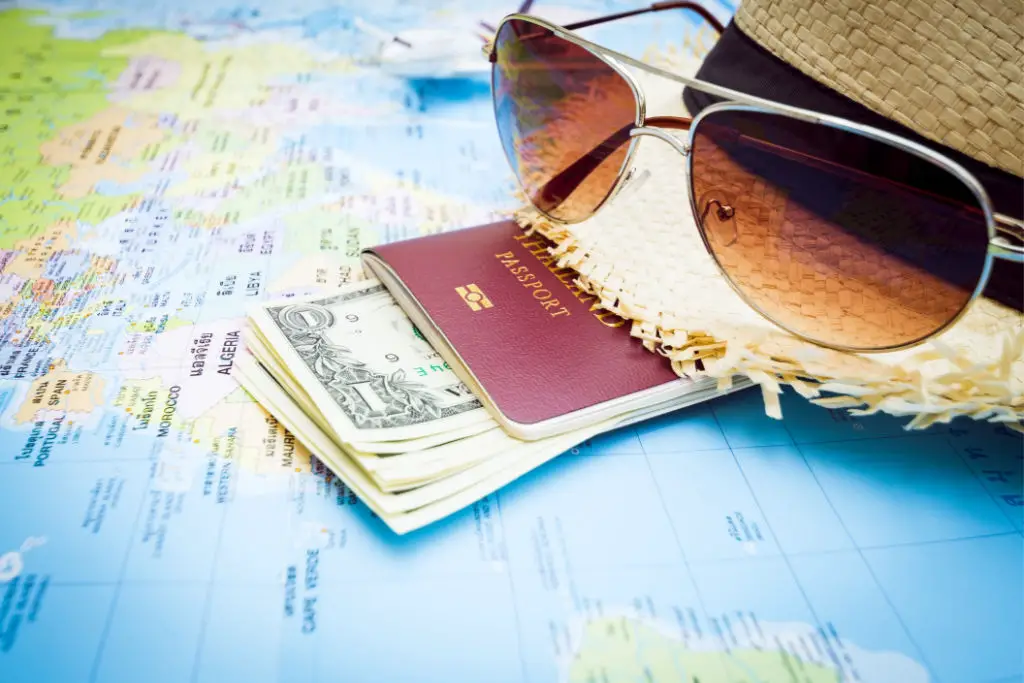
Money Matters
Managing your money wisely is crucial for a hassle-free international travel experience. Here are some strategies to keep your finances in order.
Notify your bank and credit card company
To prevent your cards from being frozen for suspicious overseas activity, inform your bank and credit card companies about your travel dates and destinations. This small step can save you from being stranded without access to your funds.
Carry a mix of payment methods
Relying solely on one type of payment can be risky. Carry a combination of cash, credit cards, and pre-paid travel cards. This ensures you have alternatives in case one option fails.
Keep emergency funds
Always have a reserve of cash hidden away in case of emergencies. This could be a lifesaver if you lose your wallet or encounter unexpected expenses.
Be cautious when using ATMs
When withdrawing money, use ATMs in secure locations like banks or airports. Be mindful of your surroundings and cover the keypad when entering your PIN to protect your information from prying eyes.
Communication
Embarking on an international journey can thrust you into a world of new languages and unfamiliar surroundings. Mastering a few key communication strategies can help you navigate these challenges with ease.
Check your mobile phone plan
Before you hop on the plane, give your mobile carrier a quick call or visit their website to understand your international options. You don’t want to be caught off guard by exorbitant roaming fees. Some carriers offer special packages for travelers, so it’s worth asking.
Purchase a local SIM card
For a more cost-effective solution, consider buying a local SIM card upon your arrival. This provides you with a local number and access to local rates for calls and data. Just be sure your phone is unlocked and compatible with the network in your destination, and you’ll be all set.
Download offline maps and translation apps
In this digital age, your smartphone can be your best travel companion. Before leaving, download offline maps of your destination and translation apps that can function without an internet connection. This way, you’ll always be able to find your way and communicate basic needs, no matter where you are.
Learn basic phrases in the local language
While technology is helpful, there’s no substitute for the personal touch of speaking a few words in the local language. Learn basic phrases like “Please,” “Thank you,” “Sorry,” and “Do you speak English?” Not only will this make interactions smoother, but locals will also appreciate your effort.
Health and Safety
Staying healthy and safe is paramount when you’re exploring new countries. Take these simple but vital steps to ensure your travels are enjoyable and worry-free.
Stay hydrated
Carry a reusable water bottle and refill it throughout the day. Staying hydrated helps you stay alert and energized, allowing you to fully enjoy your adventures. Just ensure the local water is safe to drink; if not, stick to bottled water.
Practice good hygiene
The excitement of travel shouldn’t distract you from basic hygiene practices. Regularly wash your hands, use hand sanitizer when necessary, and avoid touching your face. In current times, wearing a mask in crowded places can also be a prudent choice.
Protect yourself from the sun
Sun protection is often overlooked by many travelers. Wear sunscreen, a wide-brimmed hat, and sunglasses to shield yourself from harmful rays. Sunburn can quickly put a damper on your vacation, no matter where in the world you are.
Carry a basic first-aid kit
A small first aid kit can be a trip saver. Pack essentials like band-aids, antiseptic wipes, insect repellent, and over-the-counter remedies for common issues like headaches and upset stomachs. It’s better to have it and not need it than to need it and not have it.
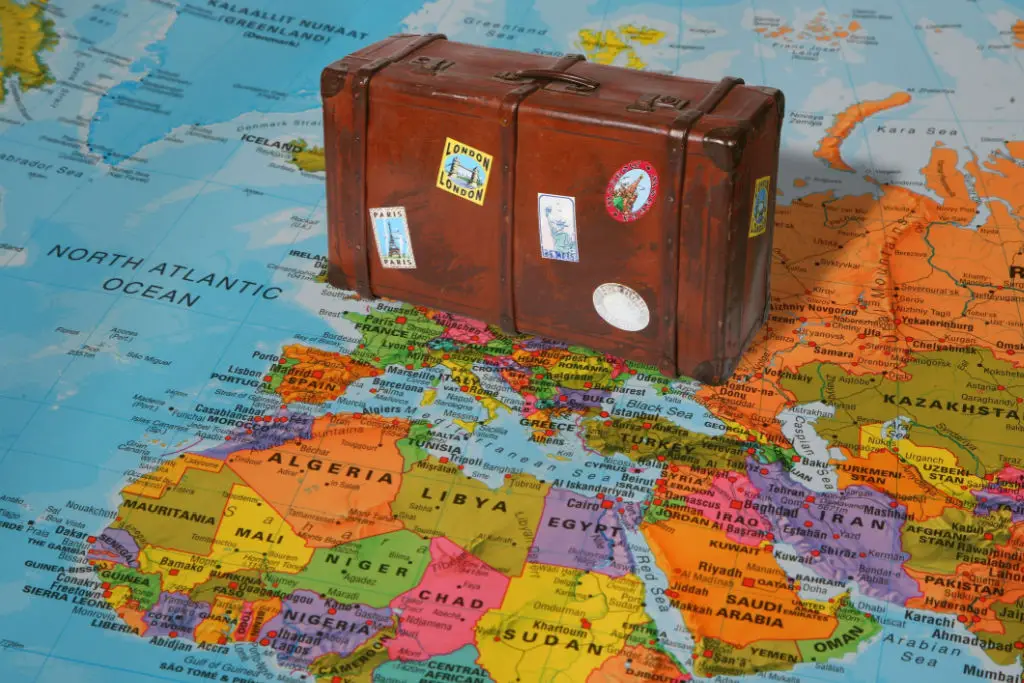
Cultural Etiquette
Respect local customs and traditions
Understanding and respecting local customs and traditions is crucial when visiting a new country. It not only shows your respect for the host country but also enhances your travel experience. Try to learn about local traditions before your trip, and always ask questions if you’re unsure about specific practices. This open-mindedness can lead to more authentic interactions and deeper connections with locals.
Dress appropriately
Dressing according to the local culture is another aspect of respecting traditions. In many countries, what is considered casual wear at home might be seen as inappropriate. Research the local dress code, especially when visiting religious sites or conservative regions. Wearing the right clothes can also be a sign of respect and will help you blend in better with the locals.
Learn basic etiquette
Every culture has its own set of social norms and etiquette. Familiarizing yourself with basic etiquette such as greetings, gestures, and dining manners can go a long way. For instance, in some cultures, tipping is customary, while in others, it might be seen as offensive. Learning these nuances can prevent any accidental rudeness.
Be mindful of your behavior
Lastly, always be mindful of your behavior, especially in public spaces. Loud conversations, public displays of affection, and other behaviors that might be normal in your home country could be frowned upon elsewhere. Paying attention to how locals act in public and following their lead is a good practice. Remember, being a considerate and respectful traveler not only reflects well on you but also your home country.
Final Tips and Reminders
Double-check your travel documents
Before you dash out the door, make sure to double-check your passport, visa, and any other necessary documents. It’s a small step that can save you a big headache later on.
Inform someone about your itinerary
Let a trusted friend or family member know about your travel plans. It’s a simple way to ensure someone back home has a rough idea of where you should be, just in case.
Stay open-minded and flexible
Travel, especially internationally, can be full of surprises. Keep an open mind and be flexible. Sometimes the unexpected detours lead to the most memorable moments.
Enjoy your first international travel experience
Above all, remember to enjoy the journey. Embrace the new sights, sounds, and tastes. Your first international trip is a big milestone, so make the most of every moment!
World map stock photos via Dreamstime.com
We Need Your Help
Did you find this article helpful? If so, bookmark it and when you’re planning your next vacation click on any of the links below before finalizing reservations. You’ll get the best price, we’ll earn a small commission, and you’ll help support future articles.
Thank you!
BEST TRAVEL SEARCH ENGINES
🏘️ Book Accommodation
We use Tripadvisor to compare prices and reviews in advance and check availability
✈️ Book Your Flight
To find the cheapest flight options, use Skyscanner to find the most suitable choice for you
🚗 Reserve Rental Car
Use Discover Cars to compare prices and view the largest selection of vehicles

